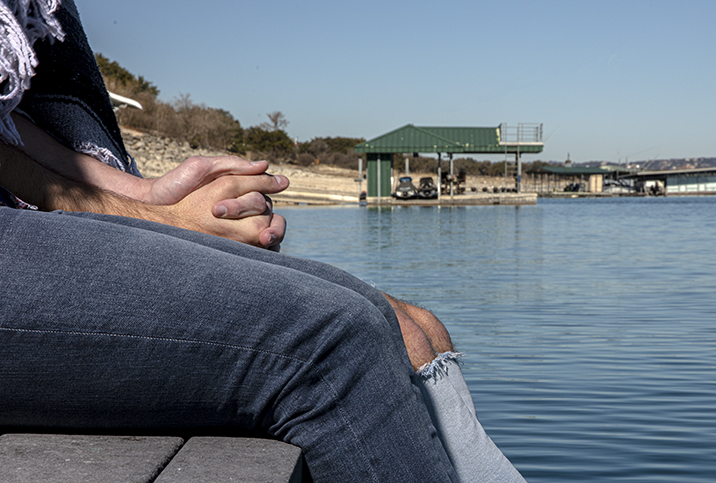PTSD and Your Relationship: What You Can Do

Not only can post-traumatic stress disorder (PTSD) affect your health and the enjoyment of everyday activities, it can also affect the relationships in your life, particularly intimate and romantic ones. People with PTSD often have difficulty with trust, intimacy and communication, which can isolate them from loved ones.
PTSD can occur after someone has experienced trauma, such as sexual assault, child abuse, combat, a disaster or some other type of shocking or dangerous event. PTSD can happen to anyone: About 6 of every 10 men and 5 of every 10 women experience at least one trauma in their lives, according to the U.S. Department of Veterans Affairs.
Getting the necessary professional help and social support can help people work through the issues of post-traumatic stress disorder.
PTSD & romantic relationships
Generally, PTSD can cause intrusive memories, negative thinking and mood, heightened physical and emotional reactions, and even suicidal thoughts or behavior at times. These symptoms make it difficult to relax and can impede intimacy, both physically and emotionally. PTSD symptoms such as feeling detached and having difficulty handling emotions can also affect romantic relationships.
Here are some of the many symptoms that can get between you and a loved one:
- Loss of interest in family or couple activities
- Reduced or nonexistent sex drive
- Feelings of reliving trauma during sexual activity
- Becoming dependent on your partner
- Experiencing moments of excessive anger
In some cases, the partner who does not have PTSD may start to feel like they have to take on a caregiver role, making a romantic relationship a little more complicated and strained.
Supporting a partner with PTSD
Living with PTSD can complicate multiple areas of your life, including the aspects that are most important. The good news, though, is that a combination of professional and social support can help you cope with the symptoms.
Here are some ways you can help someone with PTSD:
- Encourage them to seek professional treatment and let them know you can help them do so.
- If they struggle with suicidal ideation, make sure their therapist is aware and there are strategies in place to decide on a suicide prevention plan. Be sure there aren’t any weapons in the house. If you fear there is an imminent chance they might attempt suicide, call 911 immediately.
- Don’t try to correct their emotions or tell them what they should be feeling.
- Let them know you are there for them and want to know how they feel, but don’t force them to talk about their feelings if they don’t want to.
- Find out if there are actions or phrases that might be triggering for them, and try to avoid repeating that behavior.
- Offer support, empathy and comfort, especially at times when symptoms such as flashbacks or anxiety might be severe.
- Don’t blame every problem in your relationship on the fact they have PTSD. Some of those problems may fall on you.
- Don’t blame your partner for their symptoms or minimize their severity.
- Remember that you can’t fix what they’re going through. Offer support and encourage them to maintain treatment, but understand that may be all you can do. Unfairly taking on more responsibility for what’s happening can ultimately add strain to your relationship.
Professional support in the form of individual, couples and family therapy are also reliable ways to work through physical and mental symptoms of PTSD, as well as to deal with the stress that might be put on a relationship. Inpatient programs are also available for more intensive treatment, which can help in severe cases.
The symptoms of PTSD can test any relationship, but when you understand the symptoms and seek help, you can help yourself and learn how to maintain healthy relationships.

















